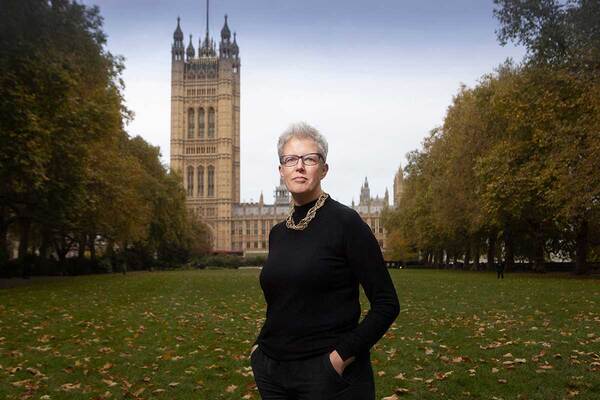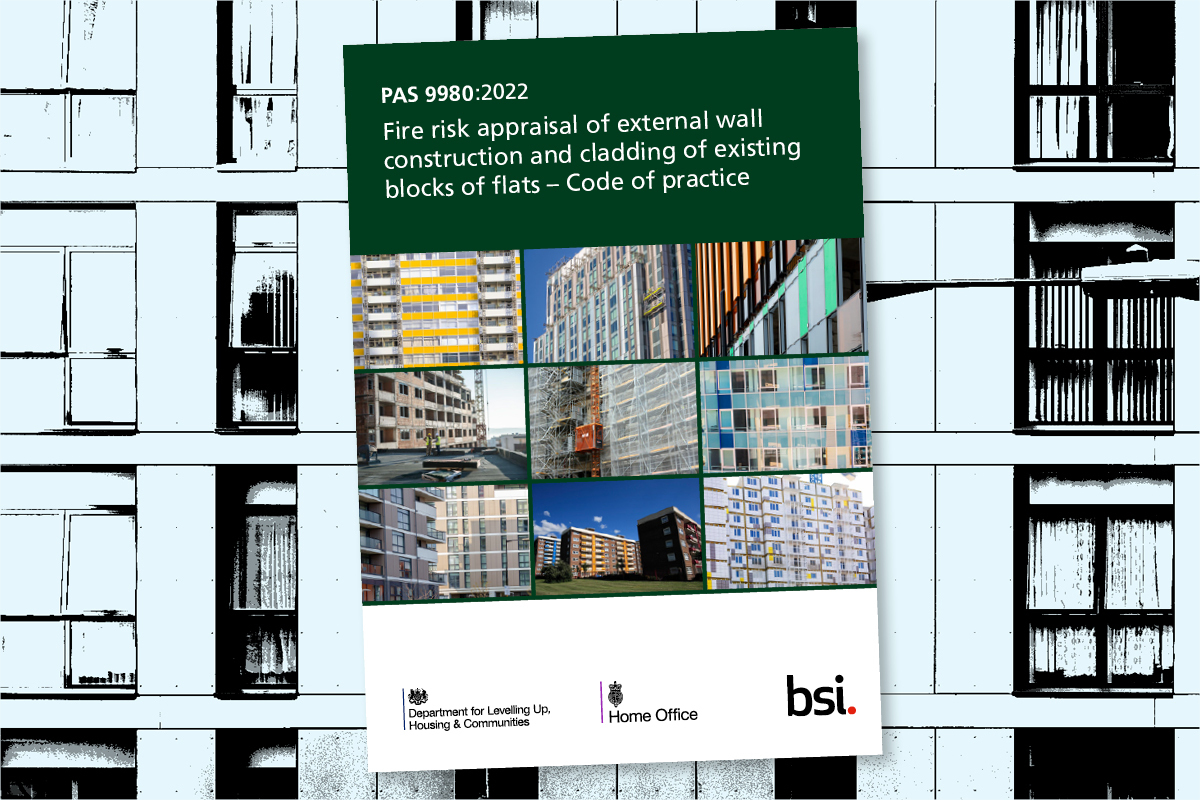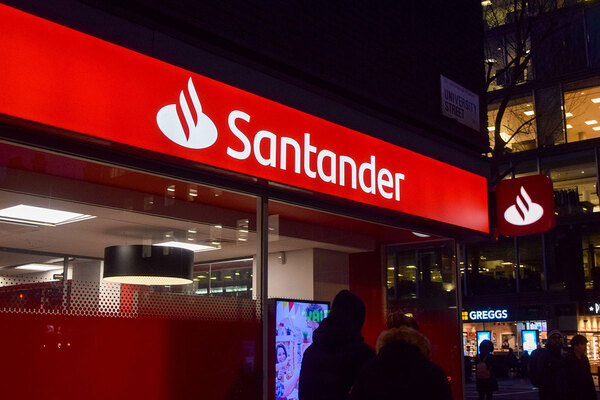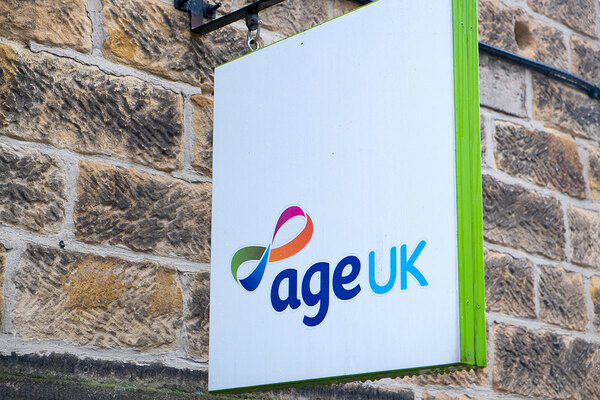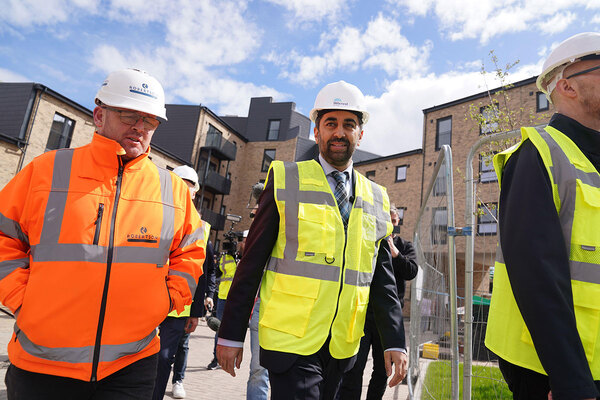You are viewing 1 of your 1 free articles
The year ahead: a look at the biggest housing issues for 2022
Last year was a big one for the social housing sector, with development slowing down due to rising fire safety and material costs, zero-carbon requirements and poor housing conditions being exposed. Inside Housing’s news team runs through what social landlords can expect and what to look out for this year. Illustration by Nate Kitch
Development
The issues that plagued social housing development last year will not vanish in 2022. Many associations have already pledged tens of millions over the coming years to fix fire safety faults, and this money is once again likely to come partly from development war chests.
With net zero costs expected to far exceed even the fire safety bills faced by landlords, this will be another expense finance teams will have to think about. Material costs appear to be going in only one direction and this will hike up how much a home will cost to build, and predictably result in less homes being built.
It is hard not to predict that the government will once again be far away from its 300,000-a-year target. Expect the sector to lean further on private money to fund development plans. This will be through increased borrowing as the interest rate stays relatively low, or through new-style deals similar to the ones Optivo and Hyde have agreed with investors.
Regulation
Implementing changes in response to the Social Housing White Paper, published in November 2020, was top of the agenda for the English regulator last year.
At the heart of it was the plan to give increased powers to the Regulator of Social Housing (RSH) and move back to a more proactive approach to consumer regulation. This will see landlords begin to be assessed on things like repairs and complaints, in addition to the existing Governance and Financial Viability Standard.
At the start of 2021, the RSH appointed a director of consumer regulation. Kate Dodsworth took up the role in the summer. An in-depth plan for consumer regulation was later published. This identified six themes: safety, quality, neighbourhood, transparency, engagement and accountability, and tenancies.
The RSH also made headway on a change that is in response to the white paper: the introduction of new tenant satisfaction measures. In June, it formed a sounding board – made up of sector bodies – to help decide the set of tenant satisfaction measures to be used.
Social landlords are set to be measured on five main themes, including repairs, building safety, effective complaint handling, respectful and helpful tenant engagement, and responsible neighbourhood management
This work culminated in the launch of a consultation in December, which revealed the 22 tenant satisfaction measures the regulator has planned. Social landlords are set to be measured on five main themes, including repairs, building safety, effective complaint handling, respectful and helpful tenant engagement, and responsible neighbourhood management.
Asset management
The ITV News investigation into disrepair, led by Daniel Hewitt, has had an impact on social landlords, with many doing soul-searching around how they treat existing tenants. This will continue this year.
With more pressure from the Housing Ombudsman and the RSH taking a keener focus on consumer standards, as well as the Homes (Fitness for Human Habitation) legislation, there will be more pressure on landlords to get their house in order regarding disrepair.
The Homes (Fitness for Human Habitation) Bill will also see the proliferation of claims management companies, and the amount of money having to be paid out by landlords. This may reach a point where the sector has to take action to try and alleviate the burden.
Councils
It has been disproportionately councils that have been censured by the RSH and Housing Ombudsman regarding tenants’ housing conditions last year.
The situation at Regina Road Estate in London, which was featured in ITV’s investigation, was one of the more shocking examples of council housing disrepair. With ageing stock and a lack of resources caused by a decade of cuts, councils will have to think of better ways to improve conditions for their tenants.
However, expect the council housebuilding revolution to continue. With more money from grant programmes, such as the Greater London Authority’s Affordable Homes Programme, the number of housing starts will likely be significantly higher from local authorities.
However, it will be an important year for council housing companies. A number have either closed or been hit by huge losses in the past 18 months, and it will be an important year to see if these private arm’s-length companies are a feasible development vehicle.
Finance
The environmental, social and governance (ESG) train continues to chug along, so expect it to be an even bigger area of growth in finance this year, as the impact of COP26 continues to influence business planning.
Housing associations seem to be a ready-made place for investor money, with the activities they carry out ticking the environmental, social and governance boxes needed for an investment to be deemed as ‘ESG’. We will see many more landlords establishing ESG frameworks to attract investors and make it clear how their investments are performing within those parameters.
The trend for consolidation into bigger organisations through mergers looks likely to continue
The trend for consolidation into bigger organisations through mergers looks likely to continue, too. The building safety, net zero and development requirements are not going away, and it is clear there is a belief within some organisations that being bigger means these headwinds are easier to deal with.
Tenancy management
The government has promised that a renters’ white paper will be published at some point this year. While the policies set out in the white paper will primarily cover the private rented sector, it is likely that it will also have ramifications for the social housing sector.
Most notably, ministers have said the paper will lay the grounds to end Section 21 ‘no fault’ evictions. Landlords should watch out for any changes to the eviction process.
Last year saw a couple of long-running scandals begin to received renewed attention. Out-of-borough housing allocations were back in the news following one particularly shocking case of a London council attempting to move a family to Stoke-on-Trent.
This story caught the attention of the national media and politicians, so it may well be that councils will find themselves increasingly scrutinised for this behaviour.
Sign up for our daily newsletter
Already have an account? Click here to manage your newsletters

